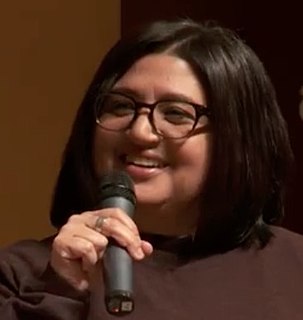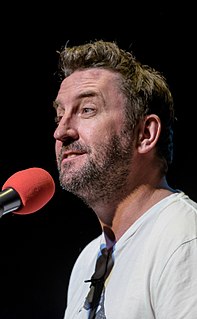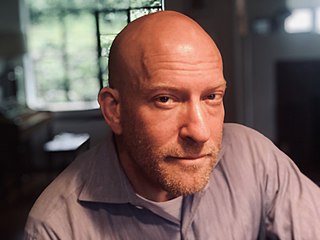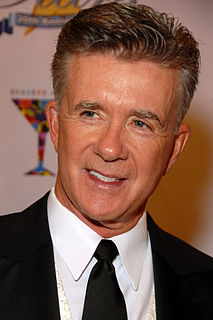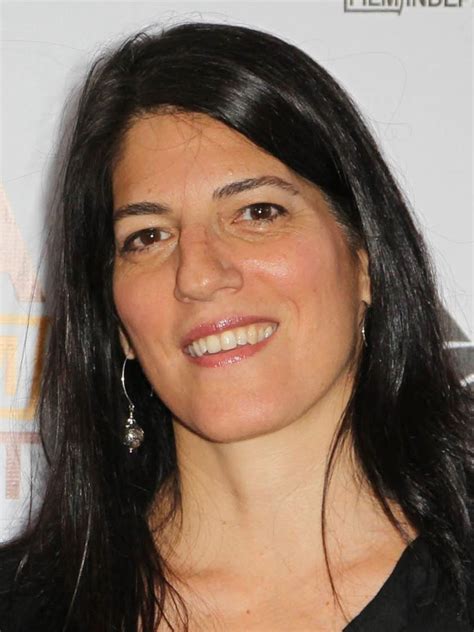A Quote by Nahnatchka Khan
Norman Lear was talking about everything in the '70s... race, sexism, all of it. The network comedy really stayed away from that in the 1980s and 1990s.
Related Quotes
Housing in New York seemed to fit Norman Lear. In addition, his shows confronted all kinds of social issues - racial separation and prejudice being foremost among them. The Evans of Good Times were the first black family to be the focus of a primetime American TV show. A lot of the people we came across in filming were familiar with the role Norman played in catalyzing important national conversations about race. They seemed grateful to him for trying to move the needle.
After we did [All In The Family], that ended up being a real love fest all around. Me and Norman, Norman [Lear] and me, Rob Reiner, everybody liked everybody. So about six or seven months later I moved out to L.A. and I got a call that Norman wanted to see me. I came in and he said "ABC has given me a property that they just optioned to make into a TV series. It's from a play called Hot L Baltimore, and I want you to be in it."
When we talk about computer network exploitation, computer network attack, we're not just talking about your home PC. We're talking about your cell phone, and we're also talking about internet routers themselves. The NSA is attacking the critical infrastructure of the internet to try to take ownership of it. They hack the routers that connect nations to the internet itself.
Donald Trump talks to a lot of people. That doesn't change his ultimate views. If you go back on YouTube and you look at Donald Trump talking about trade in the 1980s, in the 1990s, this is the same person today. He's no different. So, while a lot of people like to talk and argue about who's talking to President Trump and who's influencing him to make decisions, it's Donald Trump. It's his agenda. It's always been his agenda. And it always will be his agenda.
